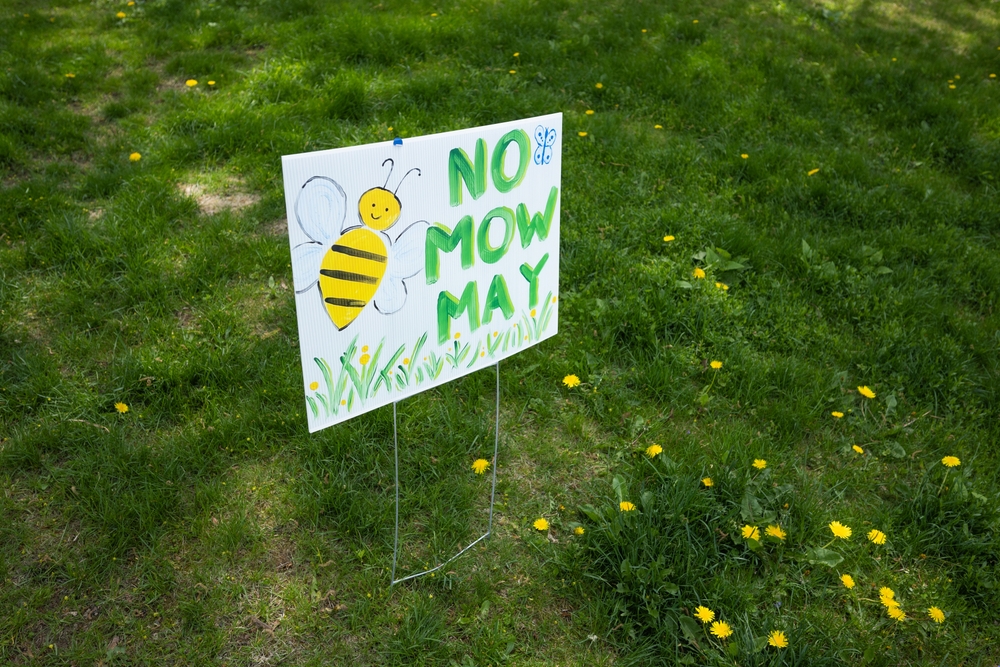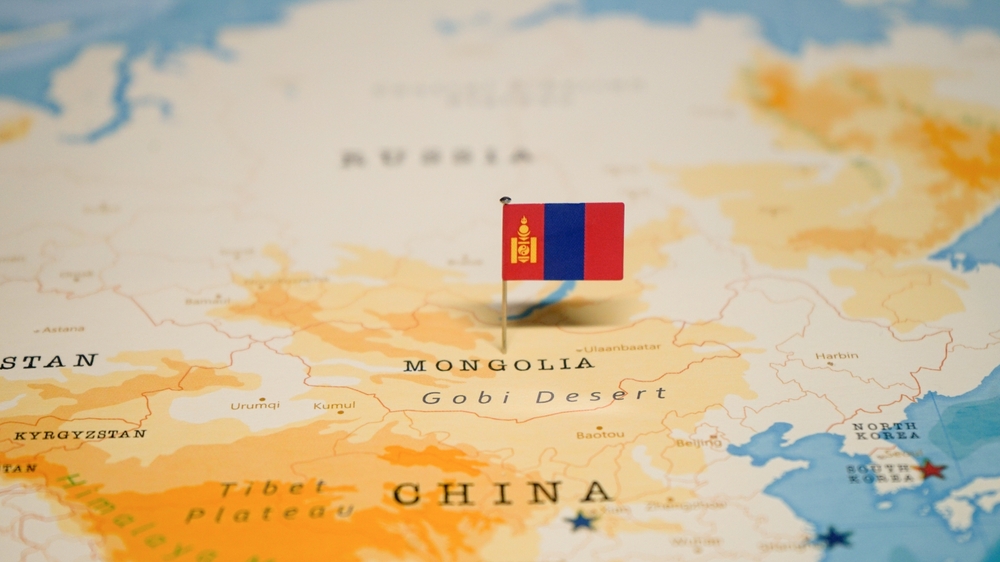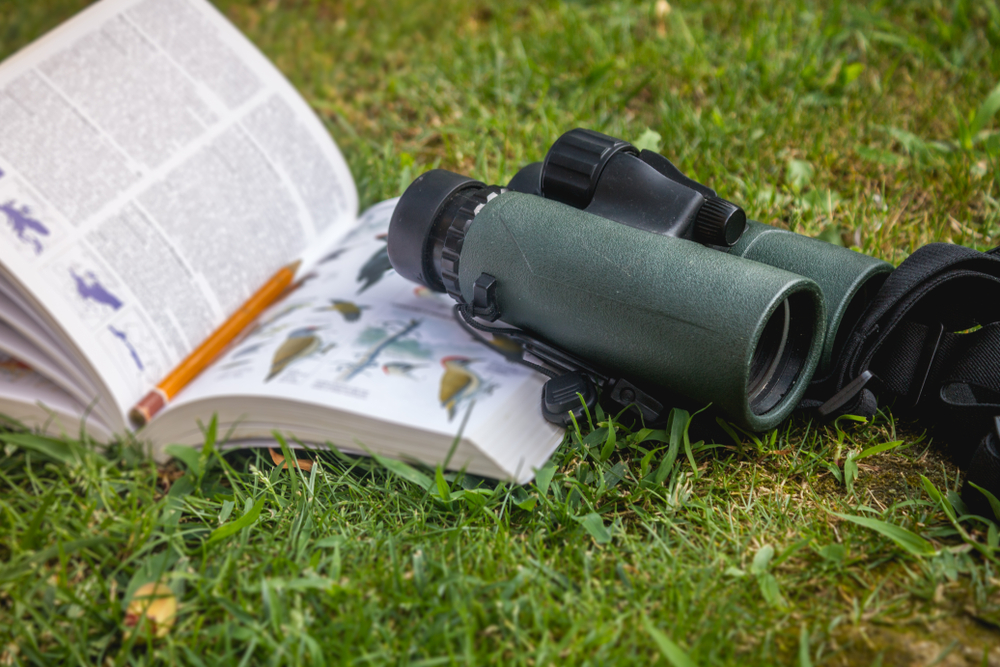Freeing yourself from fear helps build the physical strength needed to fight disease and engage fully with life.
David Servan-Schreiber | April/May 2010 issue

I received a moving letter from a friend. “Big shock in October: breast cancer. Eighteen months of treatment. I’ll spare you the details… Everything should be fine now, and, in fact, my health’s looking pretty good. But the truth is, I live in constant fear of the cancer returning… As a nurse anesthetist, I often see patients who have had a relapse.
And that keeps sending me into a tizzy. I’m not living, just surviving.”
What happens when an illness, despite being successfully treated, leaves us with a memory so troubling that it robs us of our will to live? It can be a sign that we have experienced our illness as if it were a psychological trauma, something like a violent robbery or a rape.
Any experience of utter powerlessness leaves an emotional scar. The memory can be so intense that it colors everything, long after the event, with a sense of powerlessness. It can leave us with the feeling that life no longer has anything good in store, that we have lost our place in the world. And this is what robs us of our energy, our connection with others.
If they persist, these feelings of powerlessness and despair can weaken our body’s natural defense systems and leave us more vulnerable to the very illnesses we fear. A remarkable study from University of California, Berkeley has shown it is possible to predict the risk of illness by looking at patients’ answers to two simple questions: “Do you feel it is impossible for you to achieve the goals you’ve set yourself?” and “Do you get the feeling your future is hopeless and is it difficult to believe things will get better for you?”
People who replied “yes” to both questions were three times more likely to develop cancer in the six years afterward, and four times more likely to suffer from cardiovascular disease such as heart attack or brain hemorrhage.
Often, though, this feeling of despair is an illusion. It can be the result of failures we have never managed to put behind us—at school, in relationships or at work. It can also stem from the judgment of others—sometimes including, unfortunately, our own doctors when they don’t believe we’re strong enough to influence our fates.
It has been nine years since I got the news that my own cancer had returned. I know what helped me move on from that first crushing feeling of helplessness. First, I’d had to deal with significant trauma in my past that left me feeling powerless. I did it with the help of Eye Movement Desensitization and Reprocessing (EMDR) therapy in the course of a few sessions. Second, I had to learn how to strengthen my body’s defenses, over and above the conventional treatments I was following, with nutrition, physical exercise and simple relaxation techniques.
Anything we can do, after a diagnosis of a serious illness, to regain some measure of control over our body and our emotions, frees us from despair and helps build our physical strength to fight off the disease and re-engage fully with life.
David Servan-Schreiber is a French psychiatry professor and the author of Healing without Freud or Prozac and Anticancer.











